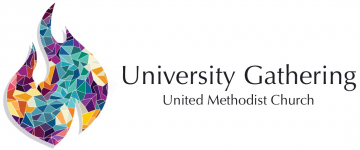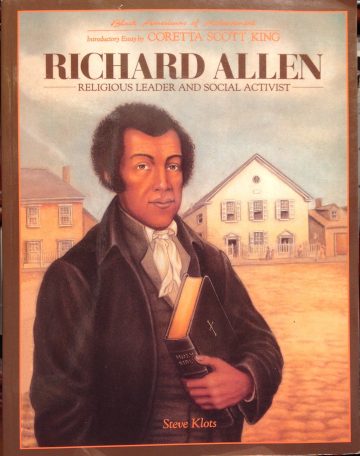African American Methodist History
Kindred in Christ,
I look forward to continuing in our series, Rooted: Rediscovering our connection to God and all things. We are also celebrating Black history month. And each week we are looking at different Black hero to help us reflect on what it means to be rooted in God’s grace.
This Sunday we will consider the life, witness, and activism of Richard Allen. Born enslaved in Philadelphia in 1760, he came to the faith at 17 years old after hearing a Methodist itinerant preacher proclaim a gospel that all where equal in Christ and that slavery was sin. He later bought his freedom and became a Methodist preacher and teacher. Allen was hired at St. George’s Methodist Episcopal Church in Philadelphia, a congregation that prided itself to be progressive and inclusive. Yet they only allowed Allen to preach at the 5am service that was mostly attended by Black members. And when Black membership began to grow, segregated seating was instituted at the main service. Frustrated with the white supremacy of the congregation, in 1787 Allen and the Black congregants ignored the segregated seating rule and took up space at the center of the sanctuary. They knelt down to pray and refused to stand up until the prayer was over (even though the trustees of the church where physically trying to remove them). After the prayer they stood up in one mass and left the church, never to return.
Historians suggest that this event, which later became known as “The Great Walk Out,” is the first overt protest action by African Americans against racial discrimination in Philadelphia. Allen and the Black congregants went on to start a new congregation in a blacksmith’s shop named Bethel Church. Bishop Francis Asbury (consecrated by John Wesley) consecrated Bethel church in 1794 and ordained Richard Allen as the first Black Methodist Elder in 1799. Eventually, Bethel became the start of the first ever Protestant denomination to be founded by Black people in the United States—the African Methodist Episcopal Church (A.M.E.).
Join us this Sunday as we reflect further on Richard Allen’s bold witness and the ways we are being called to be rooted and growing in God’s grace today.
Alongside you,
Rev. Paul Ortiz

